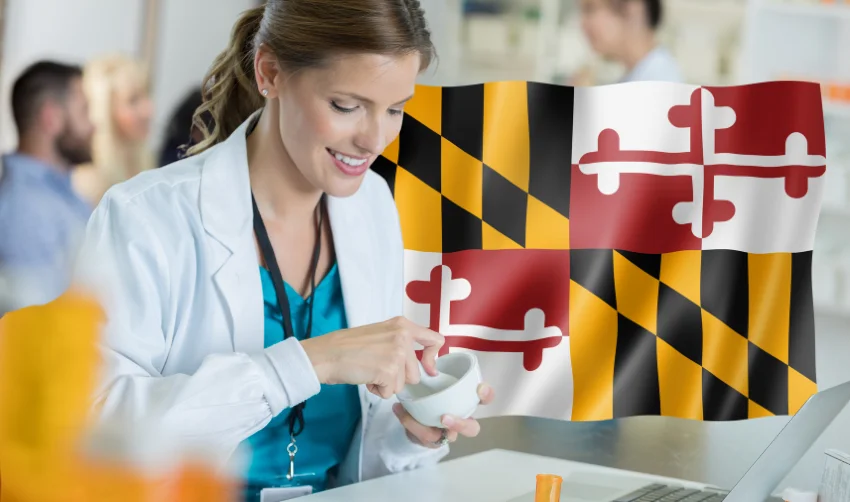Welcome to Maryland’s best-kept secret: the power of compounding pharmacies. In a world of mass-produced medications, these specialized pharmacies provide a unique and personalized approach to patient care. By combining different ingredients, compounding pharmacists create custom-made medications tailored to each individual’s specific needs.
A compounding pharmacy definition encompasses a pharmacy that specializes in the creation of personalized medications by mixing different ingredients to cater to an individual’s specific health needs; but what exactly is compounding?
Imagine having a medication that is no longer manufactured by pharmaceutical companies or needing a drug in a different dosage or form. That’s where compounding pharmacies excel. With their expertise, they can formulate medications in various forms such as gels, creams, capsules, or even lollipops.
Maryland is home to a range of compounding pharmacies, each offering their own expertise and specialties. Whether it’s pediatric compounding, hormone replacement therapy, or veterinary medication, these pharmacies have the knowledge and skills to cater to diverse patient needs.
Choosing a compounding pharmacy allows patients to receive individualized attention and care, ensuring that their medications are specifically tailored to their unique requirements. In this article, we will explore the benefits and possibilities that compounding pharmacies offer, uncovering Maryland’s best-kept secret in healthcare.
The Benefits of Compounding Pharmacies

Compounding pharmacies offer numerous benefits that set them apart from traditional drugstores. One of the primary advantages is the ability to customize medications. Patients with unique requirements, such as allergies to certain ingredients or difficulty swallowing pills, can benefit greatly from the services provided by compounding pharmacies. These pharmacies can create medications without the allergens or in a different form, making it easier for patients to adhere to their treatment plans.
Additionally, compounding pharmacies can adjust dosages to meet specific needs. This is particularly beneficial for pediatric patients who often require smaller doses than what is available commercially. Compounding pharmacists can also combine multiple medications into a single dosage form, simplifying the medication regimen for patients taking multiple drugs.
Another advantage of compounding pharmacies is their ability to create medications that are no longer manufactured. In some cases, pharmaceutical companies discontinue certain medications due to low demand or other reasons. However, patients who still require these medications can turn to compounding pharmacies to have them specially formulated. Compounding pharmacists have access to a wide range of active pharmaceutical ingredients, allowing them to recreate discontinued medications for patients in need.
The benefits of compounding pharmacy include personalized medication, allergy avoidance, and the availability of discontinued or hard-to-find drugs
The History of Compounding Pharmacies in Maryland
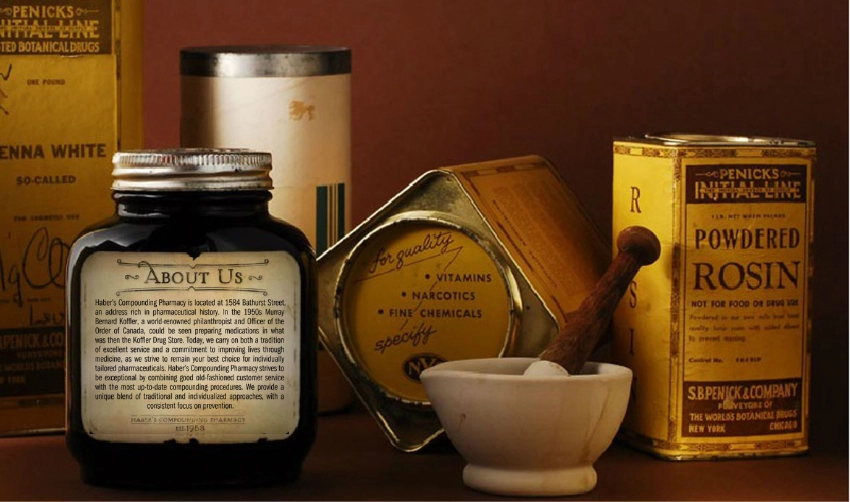
Compounding pharmacies have a long history in Maryland, dating back to the early days of medicine. Before the mass production of medications, pharmacists would often compound medications on demand, tailoring them to individual patients’ needs. This personalized approach to medicine was the norm until the rise of commercial pharmaceutical manufacturing in the 20th century.
In recent years, there has been a resurgence of interest in compounding pharmacies as patients seek personalized healthcare solutions. Maryland has been at the forefront of this movement, with compounding pharmacies playing a vital role in meeting the unique healthcare needs of the state’s residents. These pharmacies have evolved to meet the demands of modern medicine while staying true to the principles of compounding.
How Compounding Pharmacies Work
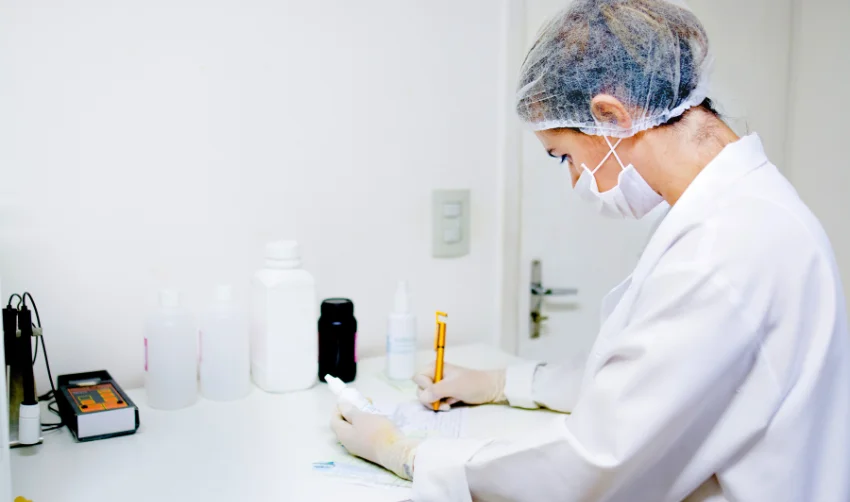
Compounding pharmacies operate differently from traditional retail pharmacies. Instead of dispensing pre-packaged medications, they formulate medications on-site, following a prescription from a healthcare provider. Compounding pharmacists have extensive knowledge of pharmaceutical chemistry and the compatibility of different ingredients, allowing them to create safe and effective medications.
The compounding process begins with an assessment of the patient’s needs and the formulation of a prescription. The pharmacist then carefully measures and combines the necessary ingredients to create the medication. Depending on the desired form, the pharmacist may use specialized equipment to prepare creams, gels, capsules, or other dosage forms. The final product is thoroughly tested to ensure quality, potency, and stability before it is dispensed to the patient.
Patients often notice a significant difference when comparing medicines compounded vs manufactured, with the former being tailored to individual needs and the latter being mass-produced.
Common Medications Compounded by Pharmacies
Compounding pharmacies have the ability to compound a wide range of medications, catering to various medical conditions and patient needs. Some commonly compounded medications include:
1. Hormone Replacement Therapy (HRT)

Compounding pharmacies play a crucial role in HRT, especially for women going through menopause. They can create custom hormone formulations that closely match the individual’s hormonal needs, providing relief from symptoms such as hot flashes, mood swings, and insomnia.
2. Dermatological Medications

Compounding pharmacies excel in creating topical medications for various dermatological conditions. From creams and ointments to gels and lotions, these pharmacies can customize formulations to meet specific patient requirements, such as adjusting the strength of active ingredients or removing potential allergens.
3. Pediatric Medications

Children often have unique medication needs, and compounding pharmacies can help address these challenges. They can create child-friendly formulations, such as flavored liquids or lollipops, to ensure that children take their medications without resistance. Compounding pharmacies can also adjust dosages to match a child’s weight or specific medical condition.
Parents are discovering the power of pediatric compounding, a practice that allows for customized medications, ensuring the safety and comfort of young patients.
4. Veterinary Medications
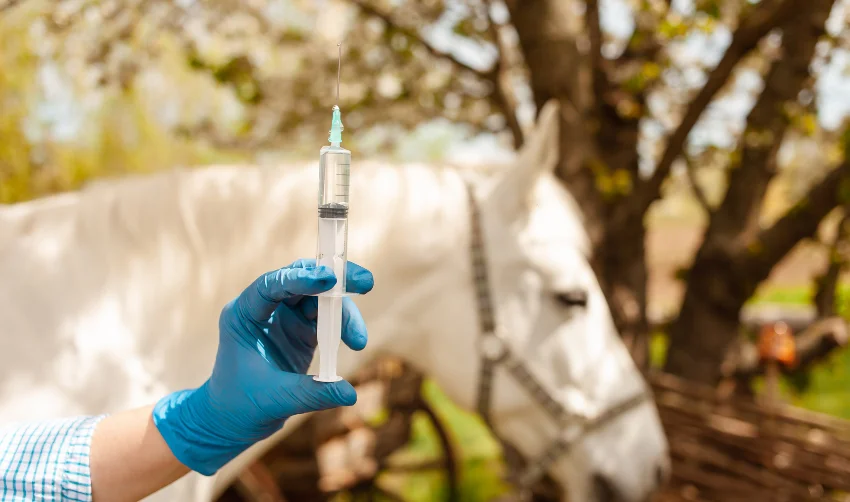
Animals have different medication requirements than humans, and compounding pharmacies are well-equipped to meet these needs. They can create medications in dosage forms suitable for animals, such as flavored chewable tablets or transdermal gels, making it easier for pet owners to administer medications to their furry friends.
The Role of Compounding Pharmacies in Personalized Medicine
Personalized medicine is an emerging field that aims to provide tailored healthcare solutions based on an individual’s unique genetic makeup, lifestyle, and medical history. Compounding pharmacies play a vital role in this approach, as they have the ability to create medications that are precisely tailored to the needs of each patient.
By working closely with healthcare providers, compounding pharmacists can develop customized treatment plans that take into account factors such as allergies, intolerances, and specific medical conditions. This personalized approach can lead to improved treatment outcomes, increased patient satisfaction, and better overall health.
Residents have begun to realize the extensive compounding pharmacy benefits in Maryland, including personalized care, specialized medications, and enhanced patient-pharmacist relationships.
Finding a Reputable Compounding Pharmacy in Maryland
When choosing a compounding pharmacy in Maryland, it is essential to ensure that you are working with a reputable and reliable establishment. Here are some factors to consider when selecting a compounding pharmacy:
1. Accreditation and Certifications
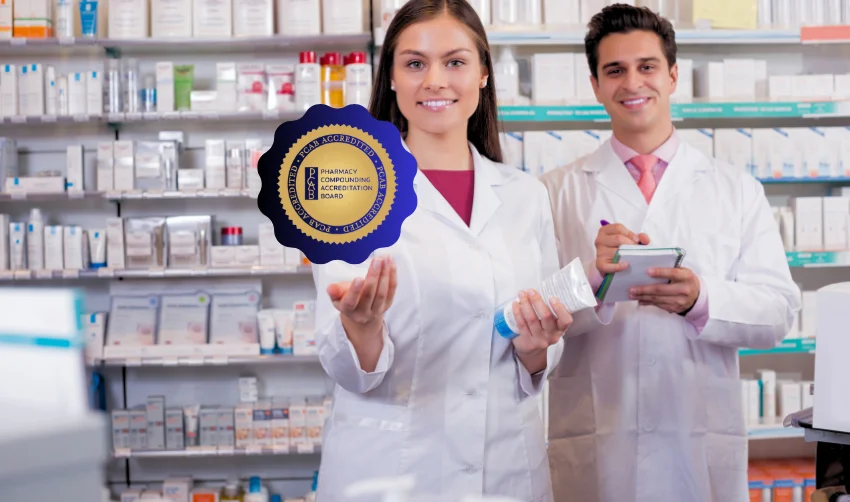
Look for a compounding pharmacy that is accredited by a recognized organization, such as the Pharmacy Compounding Accreditation Board (PCAB). This accreditation ensures that the pharmacy meets stringent standards for quality and safety.
2. Expertise and Specialties
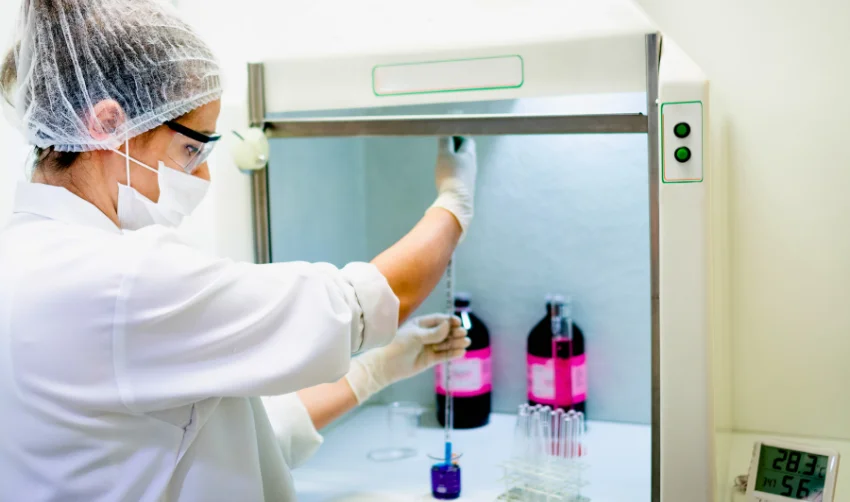
Different compounding pharmacies may have expertise in specific areas, such as hormone replacement therapy, veterinary medications, or pediatric compounding. Consider your specific needs and look for a pharmacy that specializes in the area of your interest.
3. Customer Reviews and Testimonials

Read reviews and testimonials from previous customers to gauge their satisfaction with the pharmacy’s services. Positive feedback and recommendations can provide valuable insights into the pharmacy’s reputation and reliability.
4. Communication and Collaboration

Choose a compounding pharmacy that values open communication and collaboration with healthcare providers. A pharmacy that actively engages with your healthcare team can ensure that your medication needs are met effectively and safely.
Understanding the Regulations and Standards for Compounding Pharmacies
Compounding pharmacies are subject to regulations and standards set by various regulatory bodies to ensure patient safety and quality assurance. In the United States, the U.S. Food and Drug Administration (FDA) and state boards of pharmacy oversee the compounding industry. These regulations cover aspects such as ingredients, equipment, labeling, and record-keeping.
Pharmacies must comply with the regulations outlined in the United States Pharmacopeia (USP) chapter 795> and 797>. These chapters provide guidelines for compounding nonsterile and sterile preparations, respectively. Compliance with these standards helps ensure that medications compounded by pharmacies meet the highest standards of quality and safety.
Frequently Asked Questions about Compounding Pharmacies

Yes, when prepared by a reputable compounding pharmacy that adheres to strict quality assurance standards, compounded medications are safe. It is essential to choose a pharmacy that follows best practices and complies with regulatory requirements.
In many cases, compounded medications are covered by insurance. However, coverage depends on the specific insurance plan and the nature of the medication. It is advisable to check with your insurance provider to determine coverage.
Yes, you can request a medication to be compounded even if it is commercially available. Compounded medications may be necessary if you have specific allergies or intolerances to certain ingredients, require a different dosage form, or need a medication that is no longer manufactured.
The time it takes to compound a medication can vary depending on factors such as the complexity of the formulation and the availability of ingredients. In general, compounding pharmacies strive to provide medications in a timely manner to meet patients’ needs.
Conclusion: Embracing the Power of Compounding Pharmacies in Maryland
Maryland’s compounding pharmacies offer a unique and personalized approach to patient care. By leveraging their expertise in pharmaceutical compounding, these pharmacies can create custom-made medications tailored to each individual’s specific needs. Whether it’s adjusting dosages, creating alternative dosage forms, or formulating discontinued medications, compounding pharmacies have the ability to meet diverse patient requirements.
As patients increasingly seek personalized healthcare solutions, the power of compounding pharmacies becomes more evident. Maryland residents can benefit from the expertise and specialized services offered by compounding pharmacies, ensuring that their medications are customized to their unique needs. By embracing the power of compounding pharmacies, patients can experience improved treatment outcomes and enhanced quality of life.
At our compounding pharmacy in Kensington, MD, we prioritize patient care, offering customized solutions to meet each individual’s unique health needs.


